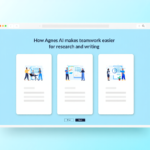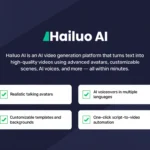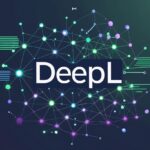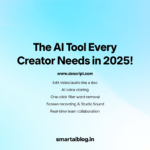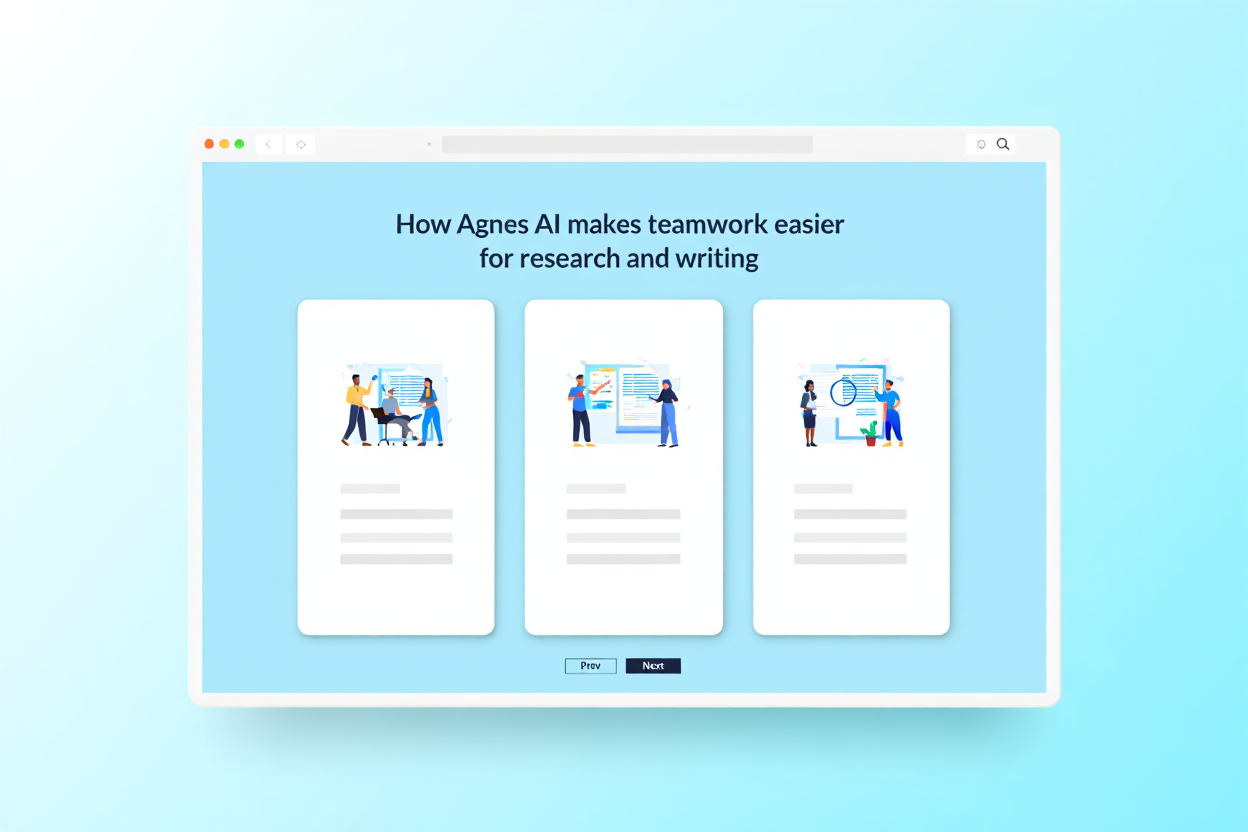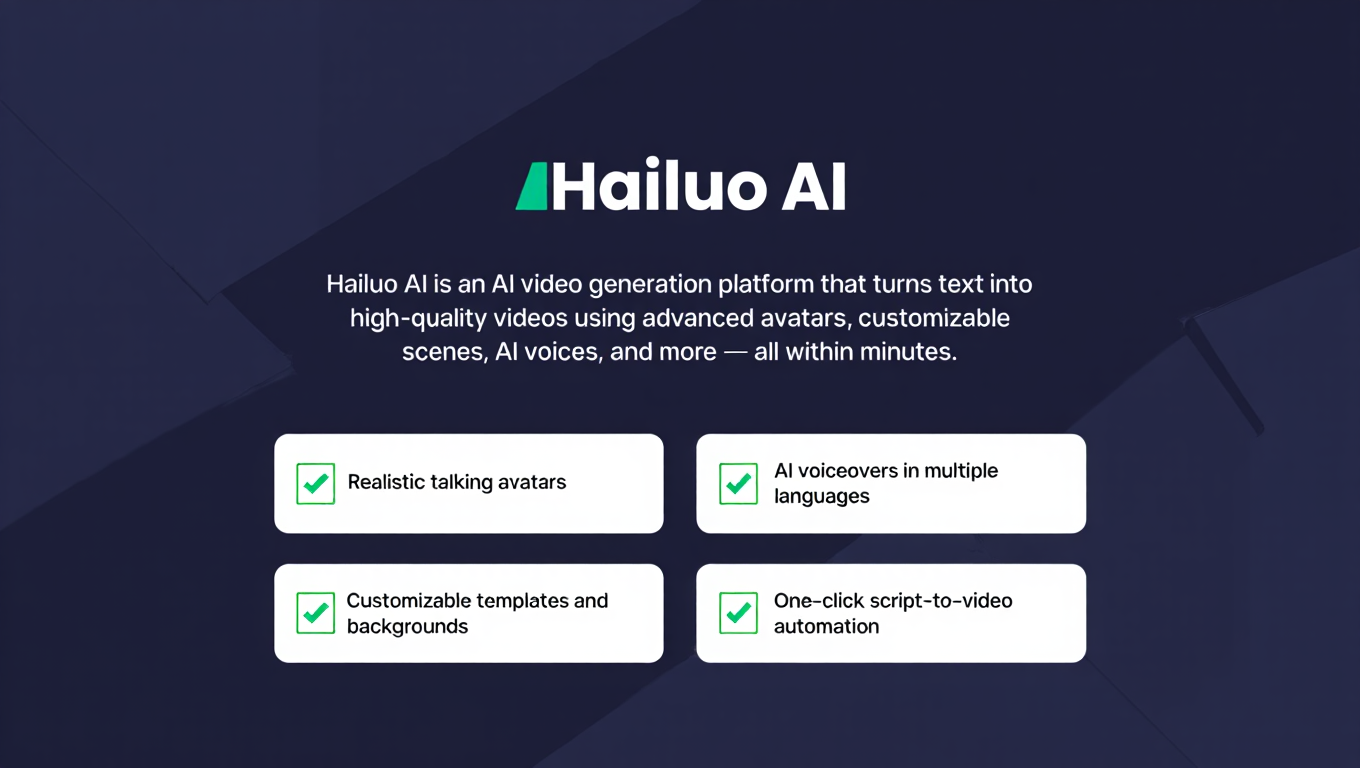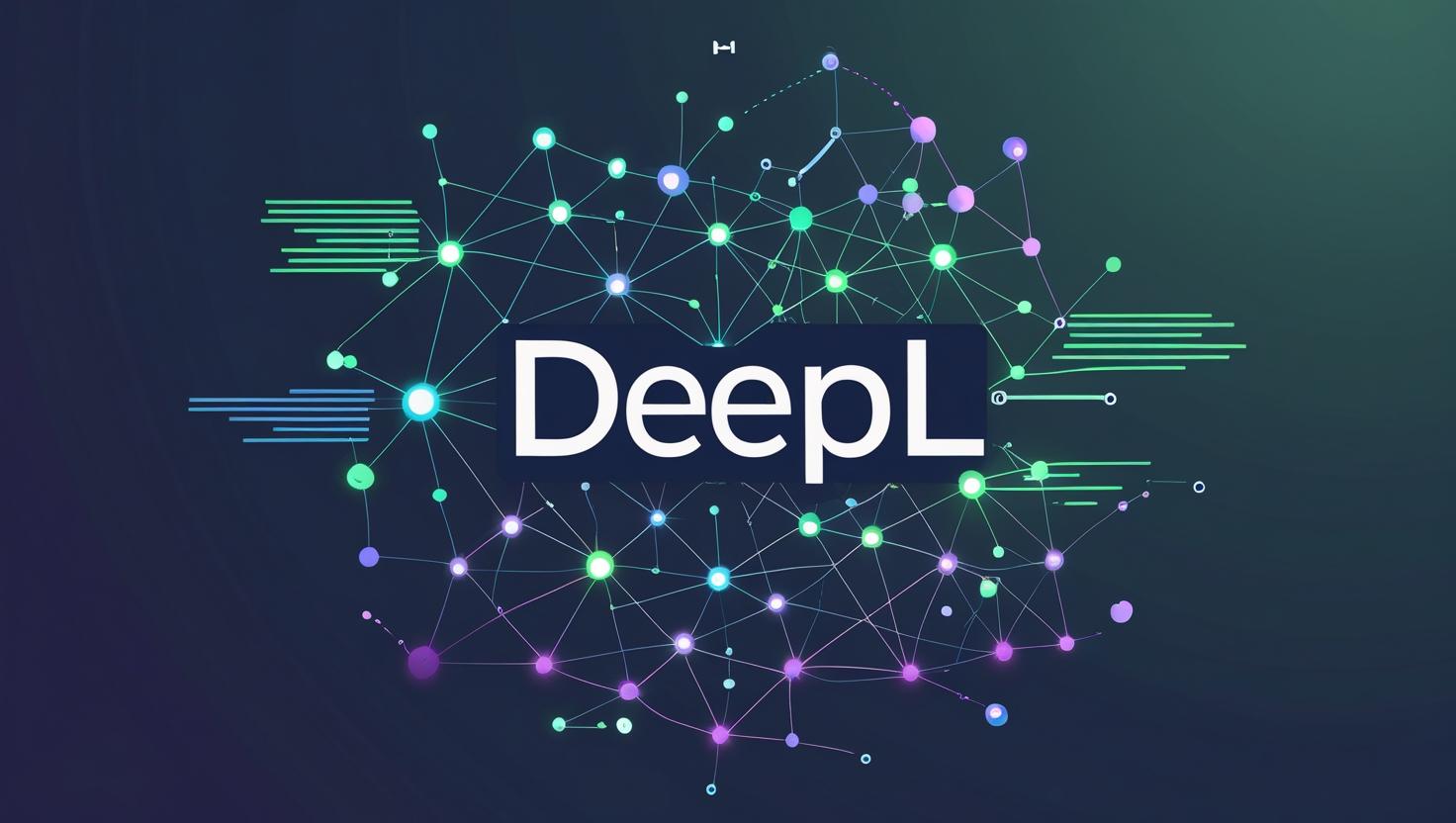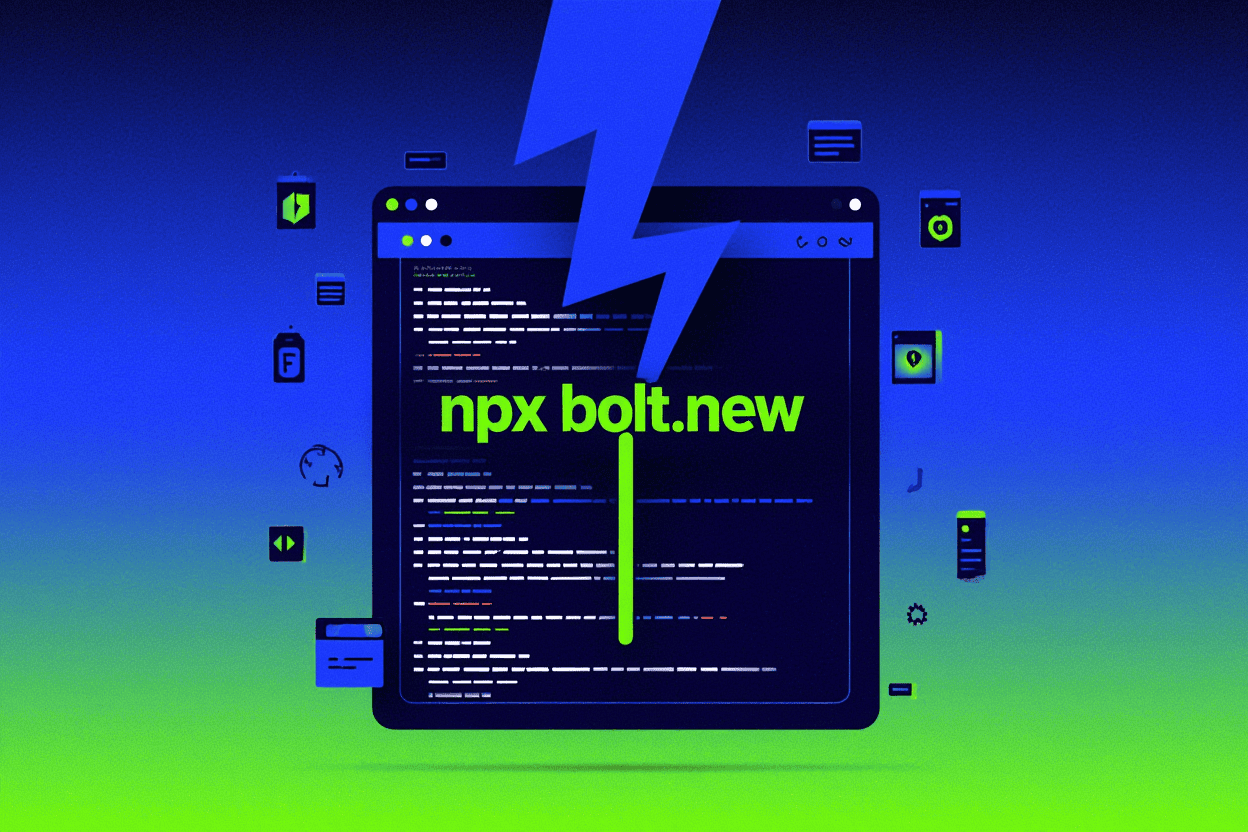Introduction
In recent years, Artificial Intelligence (AI) has undergone a remarkable transformation, enabling machines to take on intricate tasks with minimal human supervision. Among these advancements, AI agents stand out as a revolutionary force, capable of autonomously executing tasks, making informed decisions, and adapting to diverse environments. As a result, these intelligent systems are reshaping industries by enhancing efficiency, streamlining workflows, and automating both repetitive and complex operations.
What are AI Agents?
AI agents are sophisticated programs or systems that can perceive their surroundings, analyze information, make decisions, and execute actions to achieve designated objectives. These agents range from simple rule-based models to highly advanced deep-learning frameworks that continuously evolve through learning.
Key Characteristics of AI Agents:
- Autonomy: Function without constant human intervention.
- Adaptability: Learn and refine their performance over time.
- Goal-Oriented: Designed to complete specific tasks effectively.
- Interactivity: Communicate seamlessly with humans and other systems.
- Perception & Decision-Making: Process data and make calculated choices.
Types of AI Agents
AI agents can be classified based on their functionalities and capabilities:
- Simple Reflex Agents
- Follow straightforward condition-action rules (IF-THEN logic).
- Example: A thermostat adjusting room temperature based on sensor readings.
- Model-Based Reflex Agents
- Utilize an internal model of the world to make more informed decisions.
- Example: Self-driving cars analyzing traffic data to navigate safely.
- Goal-Based Agents
- Execute actions that align with predefined goals.
- Example: Chess-playing AI such as Stockfish or AlphaZero.
- Utility-Based Agents
- Optimize their choices to maximize utility or efficiency.
- Example: AI-driven financial trading systems that optimize stock purchases for profit.
- Learning Agents
- Continuously enhance their capabilities by learning from interactions and experiences.
- Example: ChatGPT, which improves responses based on user engagement.
Popular AI Agents and Their Applications
Across industries, AI agents are gaining traction and proving their value in various applications. Let’s explore some of the most well-known AI agents:
1. Chatbots & Virtual Assistants
- ChatGPT (OpenAI) – An AI-powered conversational assistant capable of generating human-like responses.
- Google Assistant – A smart AI assistant that streamlines automation and voice commands.
- Siri (Apple) – A voice-activated personal assistant designed for seamless interaction.
2. Autonomous Vehicles
- Tesla Autopilot – An AI-powered self-driving system that enhances road safety.
- Waymo – A fully autonomous taxi service developed by Google.
3. AI in Finance
- Kavout – AI-powered stock market analysis for optimized investment strategies.
- Bloomberg Terminal – A financial analytics tool leveraging AI for real-time insights.
4. Healthcare AI Agents
- IBM Watson Health – AI-driven solutions for medical diagnosis and treatment recommendations.
- Buoy Health – An AI chatbot designed for symptom analysis and health guidance.
5. AI in Gaming
- AlphaZero (DeepMind) – An AI system that mastered chess and Go through reinforcement learning.
- OpenAI Five – A sophisticated AI model capable of playing Dota 2 competitively.
6. AI for Cybersecurity
- Darktrace – AI-driven threat detection and cybersecurity defense.
- Cylance – AI-powered antivirus solutions for proactive malware prevention.
Future of AI Agents
As AI continues to evolve, AI agents will become even more intelligent and efficient, capable of managing intricate multi-step tasks across diverse domains. Moving forward, we can anticipate:
- Enhanced personalization in AI assistants, tailoring experiences to individual users.
- Improved reliability and safety in self-driving technology.
- Closer collaboration between AI agents and human professionals in various fields.
- Greater transparency and ethical considerations in AI-driven decision-making.
Conclusion
AI agents are revolutionizing industries by automating tasks and enhancing decision-making processes. With continuous advancements, these intelligent systems will play an even more significant role in optimizing workflows, increasing productivity, and fostering innovation. As the field of AI continues to expand, the possibilities for AI agents remain boundless.
For more insights on AI technology and the latest innovations, stay connected with www.smartaiblog.in!
